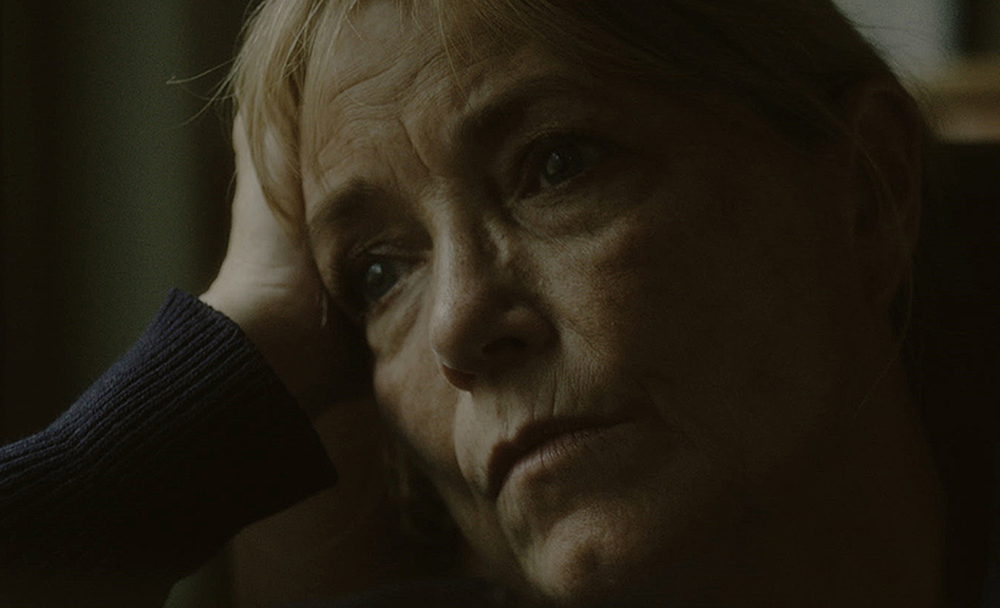There’s clearly something different about the post office in Colewell before Nora (Karen Allen) even flips the closed sign to open in Tom Quinn’s beguiling second feature, which takes its title from the small Pennsylvania township it’s set in. Scooping out a handful of butterscotch candies to put out in a tray in front of her window and then a fistful of dog treats to put in an unused P.O. Box that’s low enough to the ground for canines to reach, Nora isn’t merely starting the business day for a community so small that the usual commercial spots like a coffee shop aren’t likely sustainable, but the place where the outside world can reach the residents of Colewell has essentially become the world for those who live there, with one local taking a corner to knit while another will buy stamps as an excuse to talk Nora‘s ear off and no one in line behind him seems to mind. In fact, Nora can’t even remember a time when she wanted to stray even five miles away from Colewell, yet that choice is put to her and all but made by the powers that be when the post office is designated for closure.
Of course, such decisions are usually made without a human face attached to them, so Quinn and Allen gracefully do that heavy lifting, powerfully blending two stories into one when the impending end of Nora’s job requires her to think about the path she was on before settling down in Colewell while the community is well-aware the town hall meetings set up to protest the decision might be their last real reason to assemble. The writer/director, who made such a promising debut a decade ago with “The New Year Parade,” similarly investigating a precarious emotional situation for a family whose generations-deep devotion to playing in a band obscured what they do with who they are in intriguing ways, takes that notion a step further here, exploring how it isn’t only Nora’s identity that’s wrapped up in the post office, but that of the entire Colewell community as the closure will serve as the beginning of the unraveling of the larger social fabric.
Allen, once one to stand toe-to-toe with Indiana Jones, was a particularly shrewd choice to play Nora, able to convey a restlessness that never went away even as she let her life get away from her, serving others for so long that she has left little for herself to fall back on, with her routine and the relationships she’s formed at work not likely to carry over to her personal life. Her bone-deep performance fits right in with a sense of authenticity that extends from Quinn populating the film with nonprofessionals in a number of smaller roles to the detail in Alan Lampert’s production design where a look at Nora’s unused computer can infer the entire cultural shift that she was long blissfully ignorant of before it came to take her job. Although “Colewell” is mostly as restrained as its lead character, the film does take one relatively bold swing, introducing a drifter named Ella (Hannah Gross) who passes through town, crossing paths with Nora as if to suggest she’s following in her footsteps with the choice to go in a different direction. While there’s an uncertainty about where things will lead for both women, there’s none when it comes to whether you want to follow them in this piercing drama.
“Colewell” will screen at the San Francisco Film Festival on April 16 at 6 pm at Creativity Theater.




